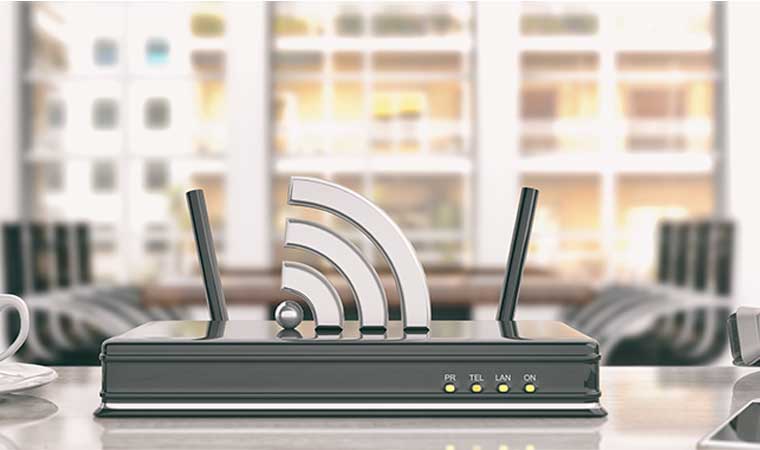What Is Spectrum TV Essentials?
Spectrum TV Essentials is a live TV streaming service that includes over 70 entertainment, lifestyle and children’s networks. But there’s a catch.
Modems and routers are both crucial in delivering internet and Wi-Fi to customers. You may have seen these device names used interchangeably and used in a similar context, so are they the same? Do they differ?
A modem is hardware that converts analog signals from your internet service provider into digital data which serves to connect your home to the internet. A router takes the digital data from the modem and wirelessly transmits it to your home’s connected devices.

“Modem” is actually a portmanteau of “modulator-demodulator.” This term refers to the process of modulating and demodulating analog and digital transmissions. Modulation and demodulation is another way of saying encoding and decoding. Signals need to be encoded to be transmitted and then decoded to be transmitted again to your devices.
A modem is a device that modulates a signal (whether from a cable wire, telephone wire or other telecommunications infrastructure) into a digital string of data that is then usable by a computer or other electronic device. Simply put, a modem connects your computer/device to the internet.
No modem, no internet.
A modem is the backbone of your home’s internet connection. Without a modem your home would not have internet access because there would be no means of converting the analog data in the telecommunications infrastructure into the code language that computers understand.
In this way the modem is like a translator. Without it, the analog signals would not be translated into the digital data that is then transmitted to your home’s devices.
A router is a device that allows all wired or wireless devices in a network to use an internet connection simultaneously by transmitting wireless signals. The router in your home establishes the Wi-Fi network. This means that the strength of your router is integral to how strong your home’s Wi-Fi network will be.

In order to send out the wireless signals, the router must be connected to the modem. There is no way for the wireless signals to transmit to your home’s devices if the router itself is not connected to the modem.
Think of a Wi-Fi router as a news anchor and a modem as its teleprompter. The router uses the converted data from the modem to transmit to other devices wirelessly. Your home’s Wi-Fi connected devices would be the viewers at home who are receiving that signal from the router.
A Wi-Fi Gateway or Wireless Gateway is hardware that combines a modem and router into one device. This means that the data conversion done by a modem and the data transmission done by a router can be accomplished through one device. Another term used to describe the same device as a Wi-Fi Gateway is a modem router which of course just combines both modem and router into one term.
Wi-Fi Gateways are certainly useful and convenient for combining multiple devices into one but can also get expensive, especially when many internet service providers charge customers a monthly hardware rental fee. Customers can usually buy their own hardware as long as it is compatible with the specific internet service provider.
Another Wi-Fi-related term you may have seen or heard is a Wi-Fi extender. A Wi-Fi extender does exactly what its name implies – it extends the range of the Wi-Fi network in your home by taking the wireless signal and essentially rebounding it to send it farther.
Wi-Fi extenders are useful in large homes or businesses where the wireless signal strength can wane drastically, especially if there are thick walls or other obstructions throughout the network. If your wireless signal in your home is not as strong as you would like it in one particular room, consider placing a Wi-Fi extender in the room.
Another important note to remember about Wi-Fi signal strength is on the location of your Wi-Fi router. If there are walls, obstructions or too much metal near the router, your signals will not transmit as strong as they should. Wireless signals can be slowed and stopped drastically through its range meaning a router should be in an open, centralized location, clear of any immediate obstructions.
If you have moved your router to a more open location and your Wi-Fi signal is still weak, definitely consider purchasing a compatible Wi-Fi extender.
A solid Wi-Fi signal, speed-wise, is perfectly suitable for gaming. The major issue with wireless gaming is reliability. A wired connection provides much greater stability and reliability when compared to a wireless network which can lag and be affected by the overall performance of your network, especially when other users or devices are on the network.
Mesh Wi-Fi is a type of wireless network where one main router is connected to a modem and the main router then sends out wireless signals to smaller "satellite" routers that are placed around a home. This increases the overall size of the wireless network with full signal strength spread evenly. It is among the newest Wi-Fi technologies.